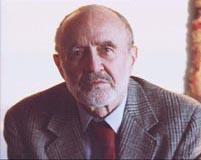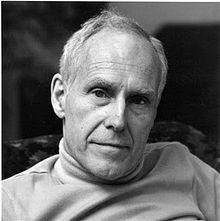States Quotes - Page 47
Sickness is a sort of early old age; it teaches us a diffidence in our earthly state.
Alexander Pope (1853). “The poetical works of Alexander Pope”, p.73
Speech given on May 3, 1946 at Lincoln University, where he was receiving an honorary degree; as reported in "Baltimore Afro-American", May 11, 1946.
Adolf Hitler (1953). “Secret Conversations, 1941-1944”
They who pray not, know nothing of God, and know nothing of the state of their own souls.
Adam Clarke (1831). “Discourses on various subjects relative to the being and attributes of God, and his works in creation, providence, and grace”, p.146
This country, with its institutions, belongs to the people who inhabit it.
First Inaugural Address, 4 Mar. 1861
In my proper character, an officer of the United States army.
"The Boy's Story of Zebulon M. Pike".
Yitzhak Rabin, Efraim Inbar, Merkaz Besa le-meḥḳarim asṭraṭegiyim (1996). “Yitzhak Rabin and Israeli national security: special memorial issue”
beauty’ is related not to ‘loveliness’ but to a state in which reality plays a part.
William Carlos Williams (1991). “The Collected Poems of William Carlos Williams”, p.204, New Directions Publishing
Remark after the Versailles Peace Conference. "Wit and Wisdom". Book edited by Jack Lait, 1936.
"The State and Revolution". Book by Vladimir Lenin, 1917.
Timothy Garton Ash (2012). “Facts are Subversive: Political Writing from a Decade without a Name”, p.124, Atlantic Books Ltd
Thomas Sowell (2013). “Controversial Essays”, p.313, Hoover Press
Even imperfection itself may have its ideal or perfect state.
Thomas De Quincey, James Thomas Fields (1851). “De Quincey's Writings: Miscellaneous essays. 1851”, p.22







